Introduction to Baby Milestones
In the journey of early childhood development, each week brings new progress and exciting changes. Understanding these milestones not only prepares you for what to expect but also ensures that your baby's growth is on a healthy trajectory. Here’s a comprehensive, week-by-week guide that covers the significant milestones in your baby’s first year, offering insight into their physical, emotional, and cognitive development.
Newborn Baby Milestones: Weeks 1-4
Week 1: Sensory Adjustment
During the first week, your baby begins adjusting to the world outside the womb. Key developments include recognizing your voice and finding comfort in its familiarity. This early recognition lays the groundwork for emotional security and future language skills.
Week 2: Visual Development
By week two, your newborn can focus on objects 8 to 14 inches away—the perfect distance for gazing at your face during feeding times. This period is crucial for strengthening eye muscles and enhancing visual tracking.
Week 3: Early Social Cues
The third week might see your baby starting to snuggle more actively. Their movements, though still uncoordinated, show an early preference for human contact, which is calming and reassuring for them.
Week 4: Vocal Exploration
Around the fourth week, expect to hear more than just cries. Your baby might start to coo and make "ahh" sounds, signaling the beginning stages of verbal communication.
1-Month Baby Milestones: Weeks 5-8
Week 5: Smoother Movements
Noticeable changes in movement coordination occur around the fifth week. Your baby’s motions become smoother as their muscle control develops, allowing for more purposeful interaction with their surroundings.
Week 6: The First Real Smile
Week six often brings a milestone that every parent anticipates—the first genuine smile, accompanied by bright eyes and an expressive face.
Week 7: Sensory Connections
By the seventh week, your baby begins to associate sounds with objects, like a rattle, and shows a preference for bright, colorful items over monochromatic visuals.
Week 8: Physical Strength
As the neck muscles strengthen, your baby will start lifting their head about 45 degrees when on their stomach. This exercise is essential for muscle development and coordination.
2-Month Baby Milestones: Weeks 9-12
Week 9: Fascination with Sounds
At nine weeks, your baby shows increased interest in sounds, particularly high tones. Their reaction to voices, including cooing back, highlights developing auditory and speech faculties.
Week 10: Social Recognition
By week ten, babies can start recognizing familiar faces and may respond with excitement, indicating early social engagement.
Week 11: Increasing Wakefulness
This week, your baby may stay awake for longer stretches, showing curiosity about the world, albeit they might get overstimulated quickly.
Week 12: Discovery of Hands
Discovering their hands as objects they can control marks a significant developmental step, often happening around the twelfth week. This discovery is crucial for cognitive and motor skills development.
3-Month Baby Milestones: Weeks 13-16
Week 13: Emotional Expression
The thirteenth week can bring laughter and babbling as your baby becomes more expressive and begins to experiment with forming sounds.
Week 14: Enhancing Motor Skills
Toys that dangle and rattle not only entertain but also improve hand-eye coordination as your baby reaches out and grasps them.
Week 15: Mobility Onset
Around the fifteenth week, your baby may start to roll over, marking an important milestone in physical development and mobility.
Week 16: Strength and Stamina
Continued strength in muscles supporting the neck, chest, and arms helps your baby in activities like sitting up and crawling, which may start to emerge around this time.
Beyond Milestones: Ensuring Healthy Development
Every child develops at their own pace, and while milestones provide a general guideline, they are not strict benchmarks. Regular consultations with healthcare providers ensure that your baby’s growth and development are on track. Here’s what to look out for in the subsequent months of development.
4-Month Baby Milestones: Weeks 17-20
Week 17: Playful Interaction
By week 17, your baby might start to blow raspberries and react with giggles when tickled. Engaging in back-and-forth vocalizations at this stage boosts their speech development and social skills.
Week 18: Independent Play
Around week 18, your baby's vision and depth perception improve significantly, allowing them to play more independently. They begin to explore their surroundings with greater interest and ability.
Week 19: Early Language Skills
At 19 weeks, babies start experimenting with combining vowels and consonants, such as "ba" and "da." Encouraging them by naming and pointing to objects helps connect sounds with meanings, fostering early language skills.
Week 20: Self-Awareness
By now, your baby recognizes familiar faces, including their own reflection in a mirror. This recognition is a sign of developing self-awareness and emotional intelligence.
5-Month Baby Milestones: Weeks 21-24
Week 21: Increased Mobility
As they reach five months, babies become more curious and mobile. They may start to creep, changing their perspective and exploring the environment more actively.
Week 22: Explorative Play
During week 22, everything becomes interesting to your baby, especially toys that make sounds. They might also begin testing gravity by dropping objects to see what happens, enhancing their understanding of cause and effect.
Week 23: Developing Fine Motor Skills
The development of fine motor skills accelerates around week 23. Watch as your baby starts using the pincer grasp to pick up objects, a crucial skill for self-feeding and further tactile exploration.
Week 24: Cognitive Recognition
By week 24, your baby starts to recognize names and basic commands like "no" and "bye-bye." This period marks significant advancement in memory and comprehension, essential for language development.
6-Month Baby Milestones: Weeks 25-28
Week 25: Sitting and Crawling
Some babies begin to sit without support at 25 weeks and may show signs of crawling. These activities are significant indicators of physical strength and coordination development.
Week 26: Social Selectivity
Your baby might start showing a preference for familiar people, displaying more selective social behaviors. Establishing routines can help them feel more secure during this stage.
Week 27: Understanding Cause and Effect
The action of dropping toys to see what happens teaches babies about cause and effect, a fundamental concept in cognitive development.
Week 28: Eating Solids
As your baby approaches the end of their sixth month, they may show readiness for solid foods. Signs include good head control, opening the mouth for incoming food, and showing interest in what you are eating.
7-Month Baby Milestones: Weeks 29-32
Week 29: Social Games
Peek-a-boo and similar games become very enjoyable for your baby at this stage, reflecting their growing social and cognitive skills.
Week 30: Mastery of Crawling
If they haven't started already, by week 30, most babies master crawling, significantly enhancing their ability to explore their environment.
Week 31: Improved Dexterity
The refinement of the pincer grasp around week 31 allows your baby to handle objects more skillfully, which is important for self-feeding and further sensory exploration.
Week 32: Early Standing
Though not ready to walk, your baby may start pulling themselves up to stand with support. This development is crucial for the next stages of mobility.
8-Month Baby Milestones: Weeks 33-36
Week 33: Asserting Preferences
By the eighth month, your baby starts expressing likes and dislikes more clearly, which can be challenging but is a normal part of emotional development.
Week 34: Pulling Up to Stand
Gaining the strength to pull themselves up to a standing position is a significant milestone typically achieved around week 34.
Week 35: Early Language Comprehension
Your baby may start to understand common words and phrases, demonstrating an increasing capacity for language acquisition.
Week 36: Goal-Oriented Behavior
As they near the end of the eighth month, babies engage in more complex behaviors, such as setting goals and achieving them, like crawling to a toy to make noise.
Looking Back: Embracing Each Milestone
As you witness these milestones, remember that each baby's journey is unique. Celebrate their achievements, provide stimulating environments, and always consult with healthcare professionals to ensure they are developing at a healthy pace. Understanding and supporting your baby’s development can make this first year a wonderful journey of growth and discovery.
9-Month Baby Milestones: Weeks 37-40
Week 37: Enhanced Object Manipulation
At this stage, babies become adept at manipulating objects with their hands, moving them from one hand to the other and exploring their properties.
Week 38: Initial Steps of Communication
Your baby might start using gestures, such as waving "bye-bye" or shaking their head for "no," indicating a growing understanding of basic communication.
Week 39: Problem Solving Skills
Babies begin solving simple problems, like figuring out how to reach a toy that's out of immediate reach, demonstrating early cognitive skills.
Week 40: Depth Perception
Improved depth perception allows your baby to judge distances more accurately, essential for the next stages of physical movement like walking.
10-Month Baby Milestones: Weeks 41-44
Week 41: Standing Without Support
Many babies begin to stand unaided at around 41 weeks. This milestone is a significant precursor to walking.
Week 42: First Words
Some babies might say their first intentional words, often "mama" or "dada," at this age, marking a significant leap in language development.
Week 43: Fine Motor Skills Refinement
The refinement of fine motor skills continues, with your baby being able to place smaller objects into containers and start to show hand preference.
Week 44: Cognitive Skills Development
Your baby’s ability to understand simple instructions and recognize familiar routines shows an advancement in cognitive skills.
11-Month Baby Milestones: Weeks 45-48
Week 45: Exploring Boundaries
Babies often become more adventurous, testing boundaries and showing more defiance as they become more independent.
Week 46: Enhanced Imitation
Your baby might start imitating actions and sounds more accurately, which is vital for learning and social interaction.
Week 47: Early Problem-Solving
Babies enhance their problem-solving skills by experimenting with different ways to achieve their goals, like finding hidden objects.
Week 48: Anticipating Routines
Your baby will likely start to anticipate and react to daily routines, showing that they remember and expect what comes next.
12-Month Baby Milestones: Weeks 49-52
Week 49: Walking
Many babies take their first steps around this week, an exciting milestone that ushers in a new phase of mobility and exploration.
Week 50: More Complex Gestures
At 50 weeks, expect to see more complex gestures and combinations of sounds as your baby communicates more effectively.
Week 51: Problem Solving and Play
Your baby might engage in more sophisticated problem-solving during play, like stacking blocks or matching shapes.
Week 52: First Birthday Reflection
By their first birthday, most babies have tripled their birth weight, can stand alone, and may walk. They understand simple commands and can say a few words, marking profound growth and development.
Conclusion: Celebrating a Year of Milestones
The first year of a baby's life is filled with rapid and exciting development. From the first smile to the first steps, each milestone is a testament to their growth and the care they receive. Continue to nurture your baby’s development with love, play, and interaction, and always keep in touch with your pediatrician to ensure that your baby is progressing well. This first year forms the foundation of their future, filled with endless possibilities and discoveries.
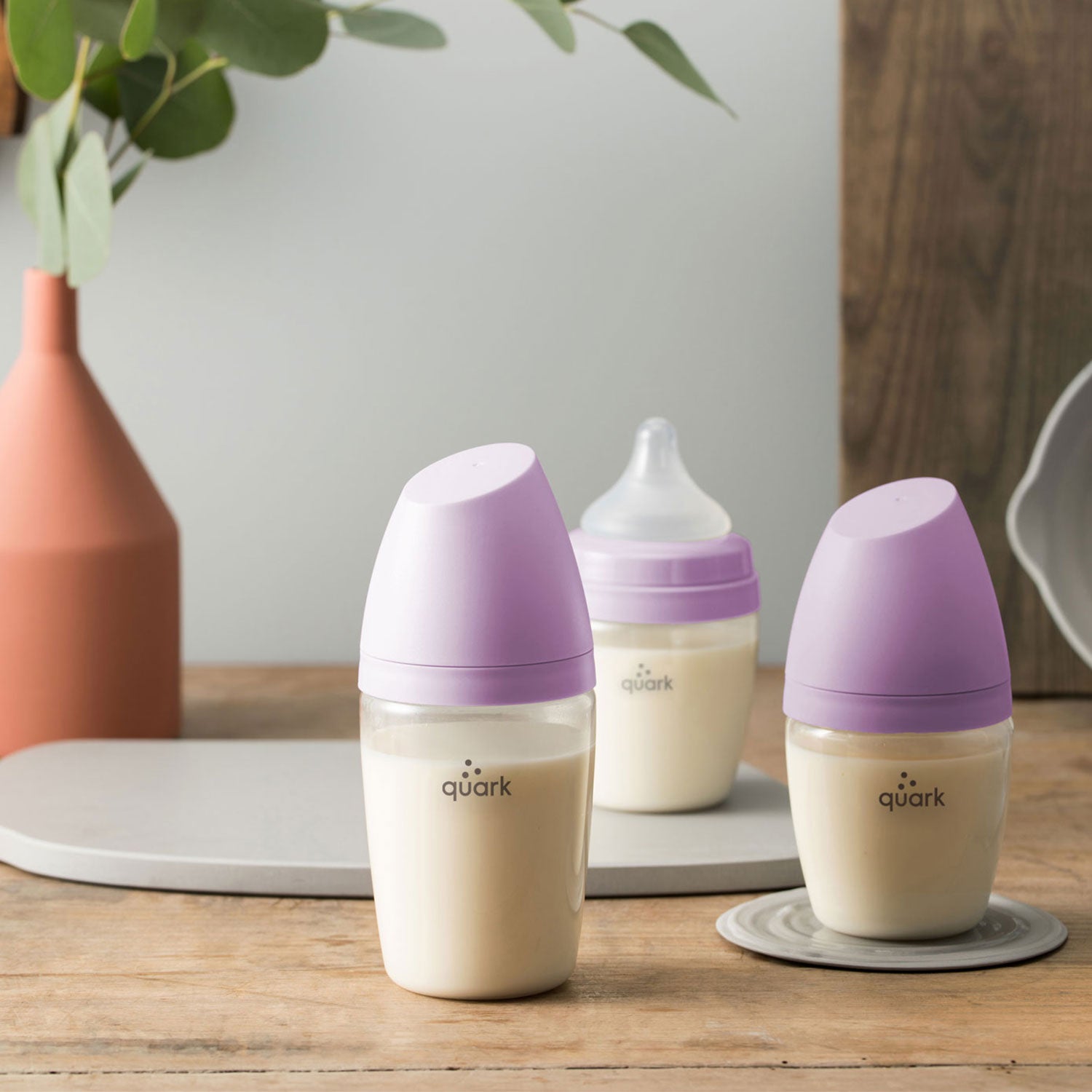
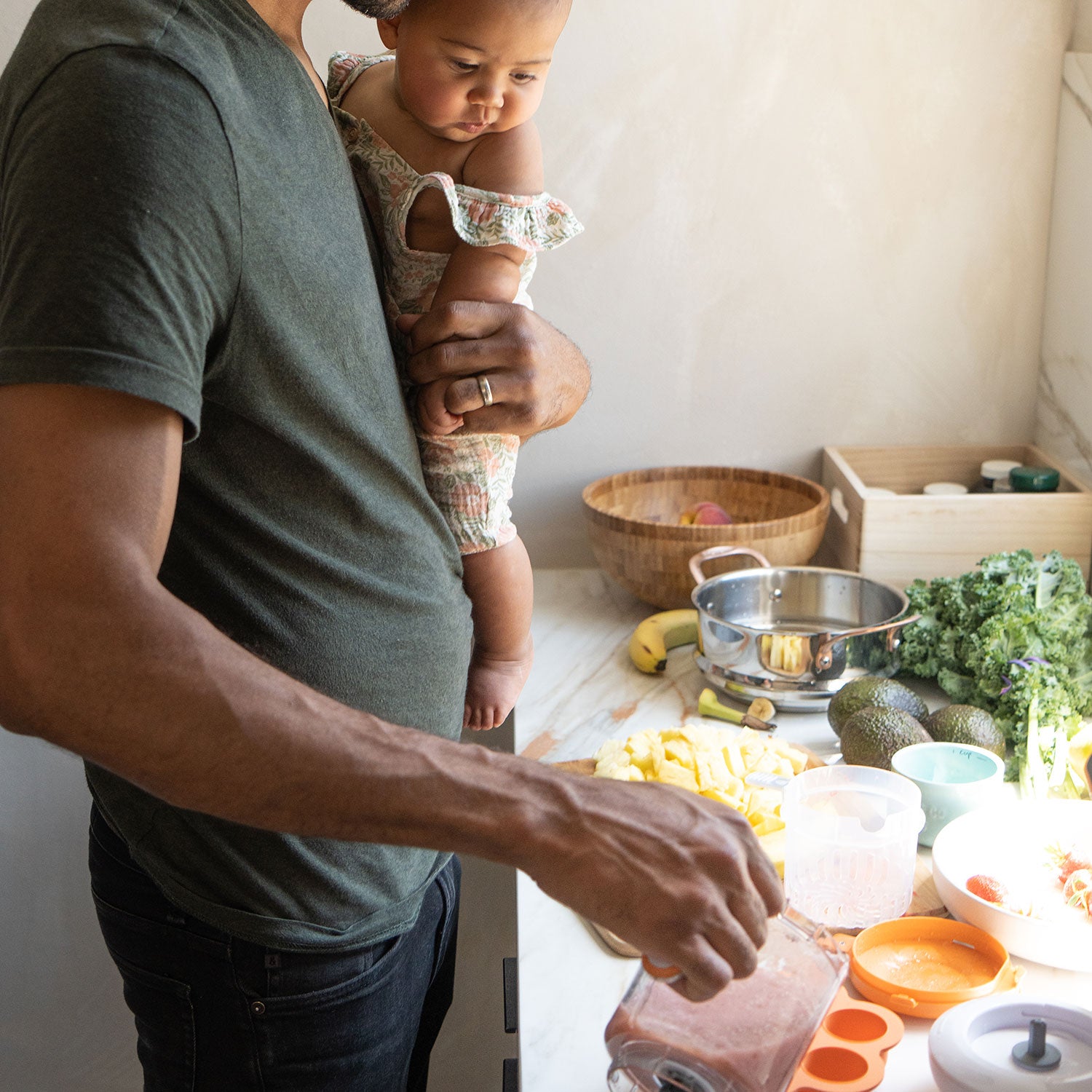

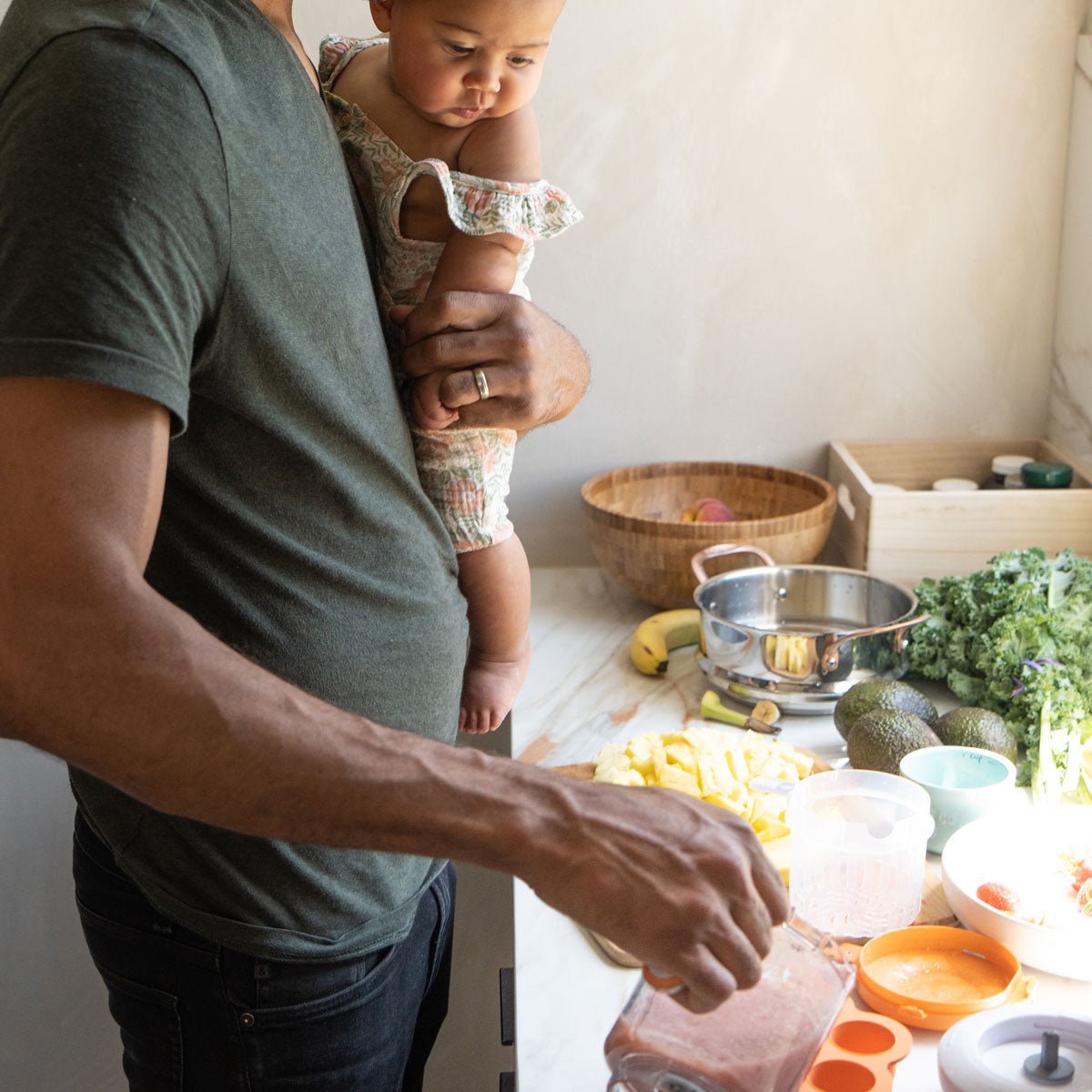
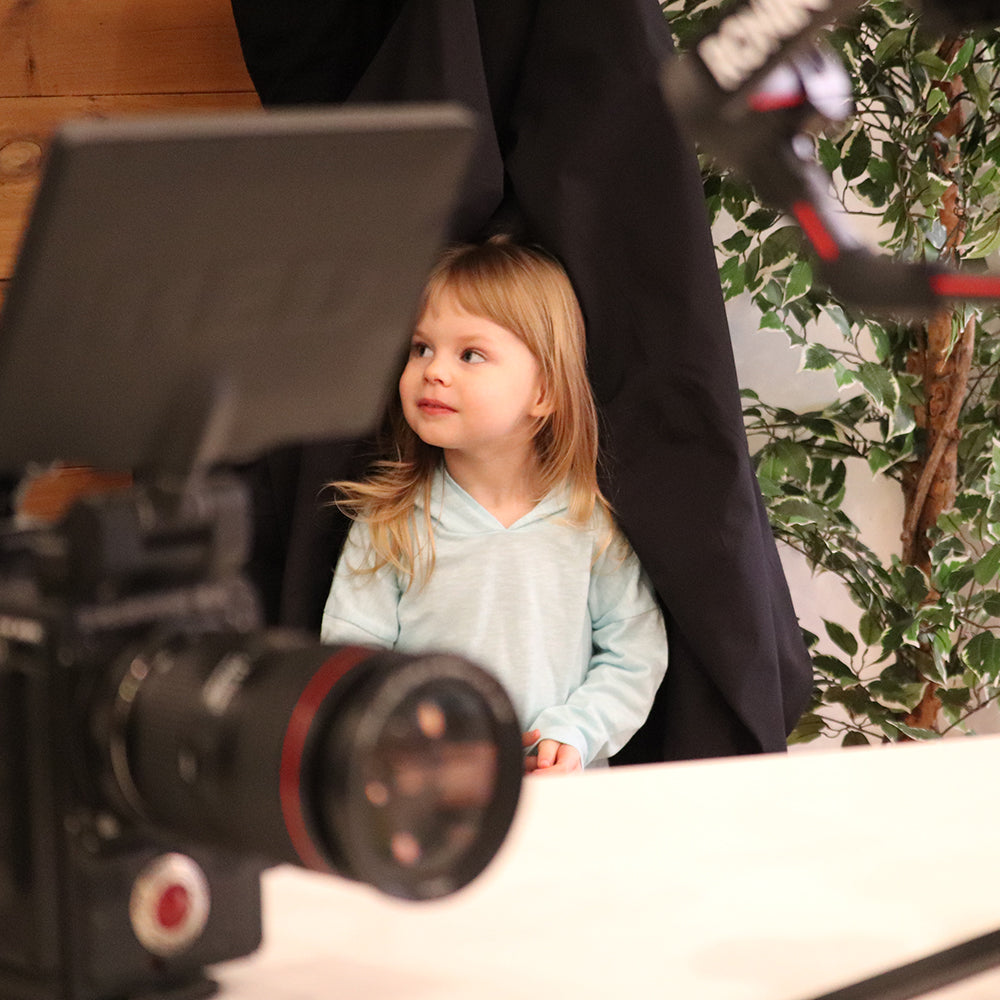

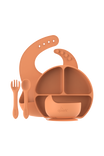
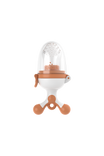
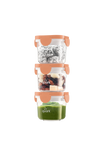
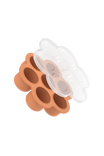
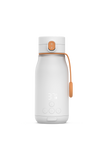
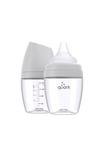
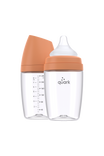
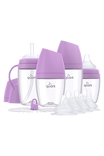
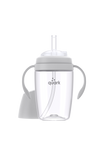
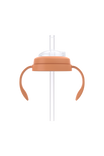
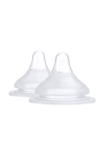
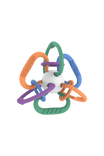
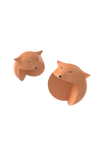
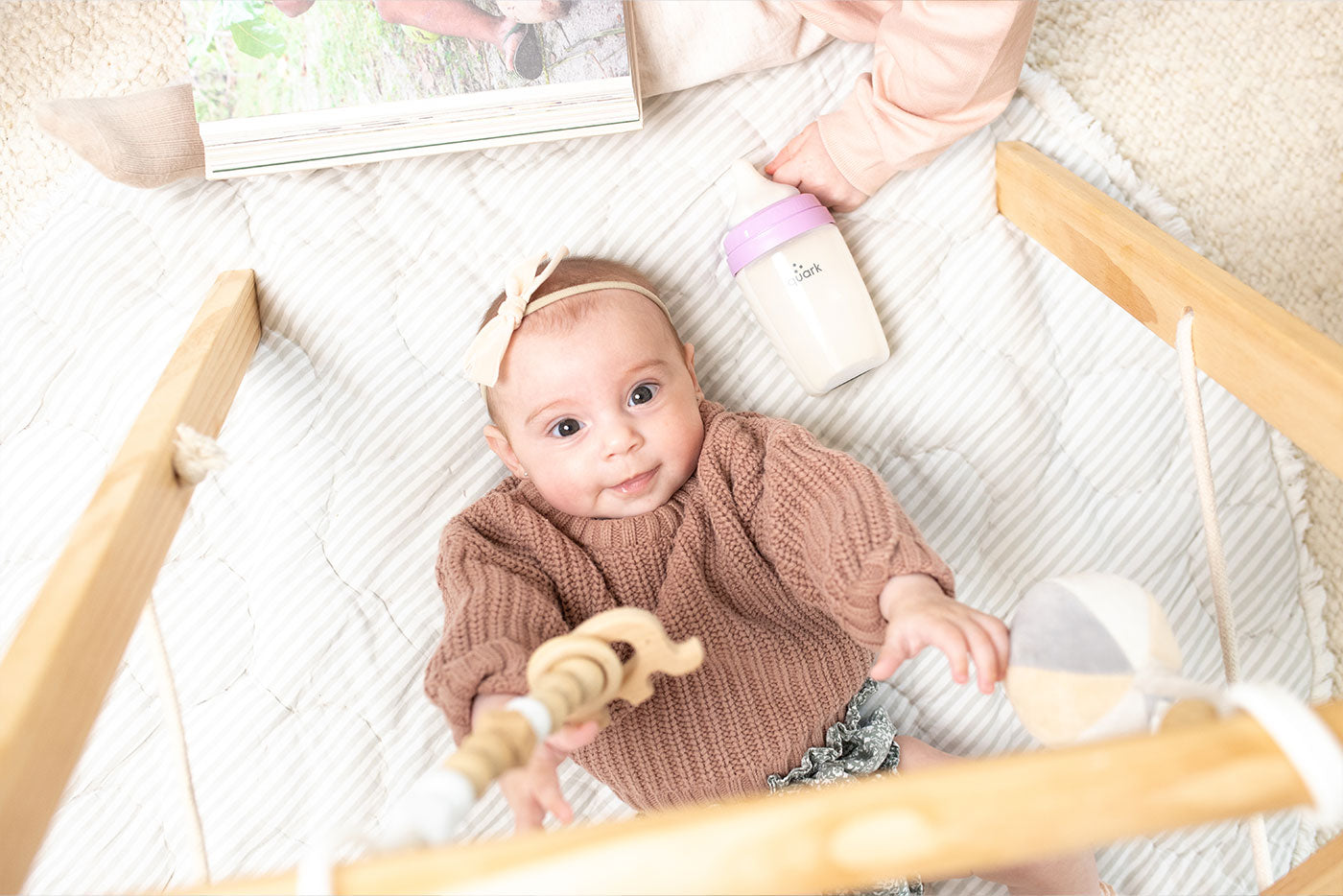

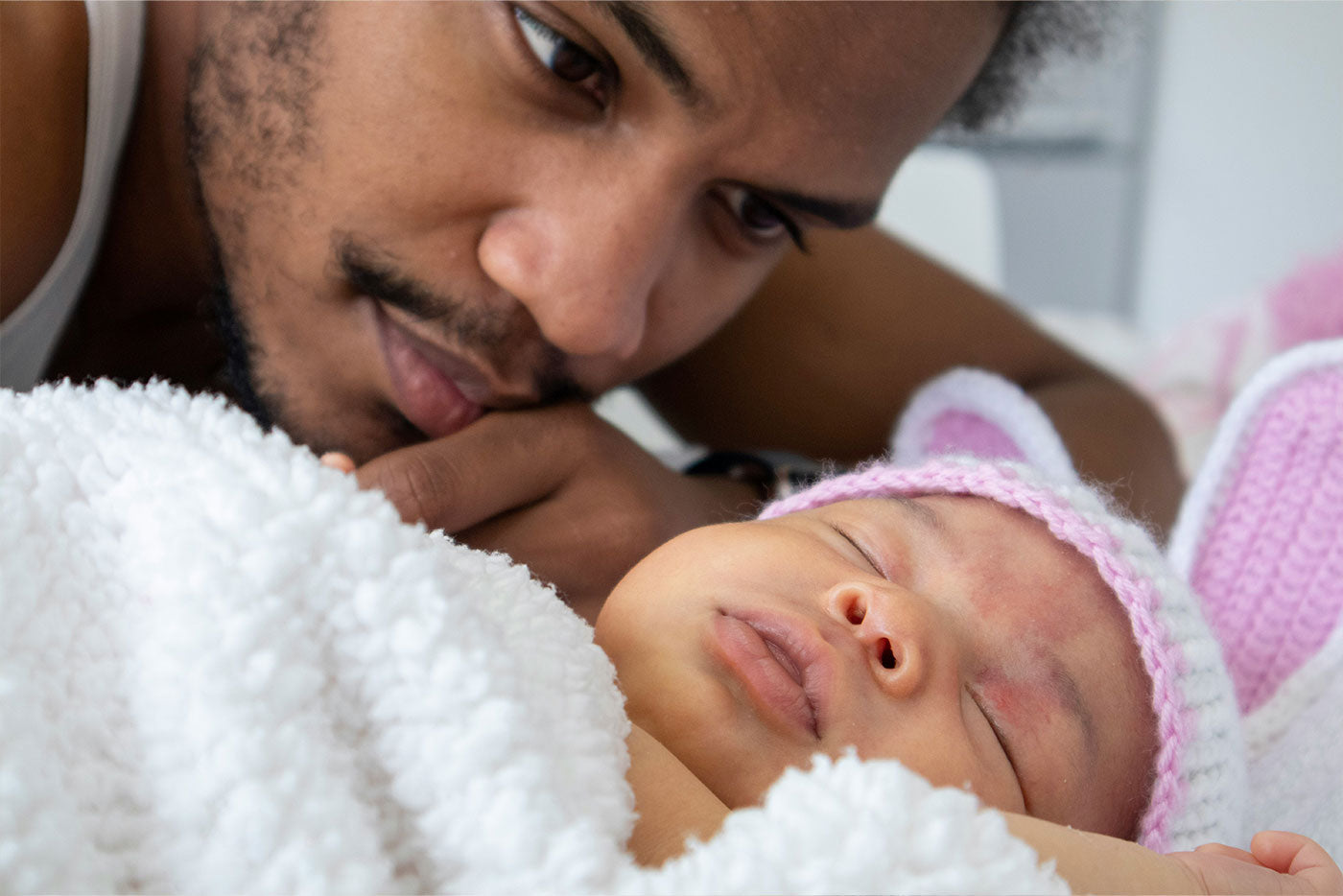
Laisser un commentaire
Tous les commentaires sont modérés avant d'être publiés.
Ce site est protégé par hCaptcha, et la Politique de confidentialité et les Conditions de service de hCaptcha s’appliquent.